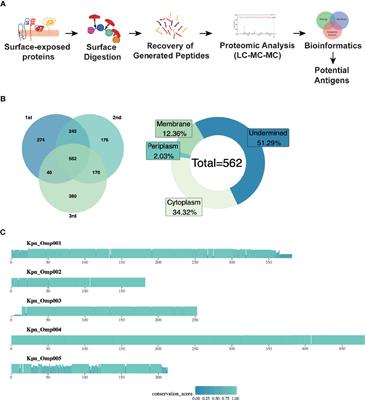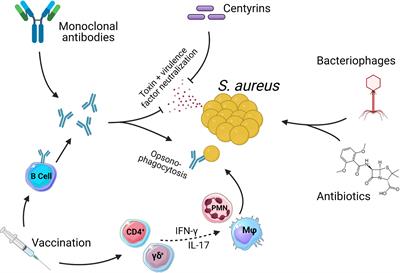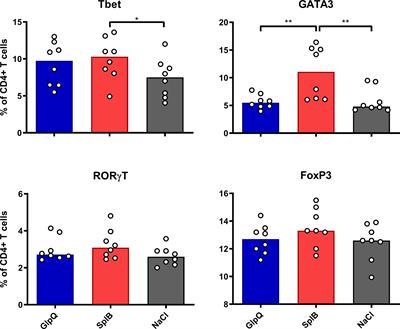ORIGINAL RESEARCH
Published on 20 Oct 2021
Identification and Evaluation of Recombinant Outer Membrane Proteins as Vaccine Candidates Against Klebsiella pneumoniae

doi 10.3389/fimmu.2021.730116
- 3,434 views
- 18 citations
46k
Total downloads
197k
Total views and downloads
Select the journal/section where you want your idea to be submitted:
ORIGINAL RESEARCH
Published on 20 Oct 2021

ORIGINAL RESEARCH
Published on 06 Sep 2021

MINI REVIEW
Published on 03 Sep 2021

ORIGINAL RESEARCH
Published on 18 Aug 2021

REVIEW
Published on 07 Jul 2021

ORIGINAL RESEARCH
Published on 02 Jul 2021

REVIEW
Published on 16 Jun 2021

ORIGINAL RESEARCH
Published on 15 Apr 2021

ORIGINAL RESEARCH
Published on 23 Mar 2021

ORIGINAL RESEARCH
Published on 22 Mar 2021

ORIGINAL RESEARCH
Published on 10 Mar 2021

ORIGINAL RESEARCH
Published on 10 Mar 2021


Frontiers in Microbiology
Microbial ImmunologyOffline